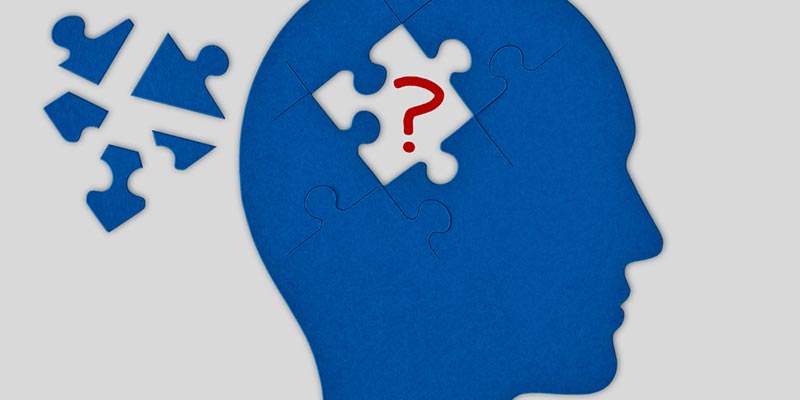
Distraction and working memory
Context
Our capacity to store information in mind for a short period of time (working memory capacity) differs between people. It can affect many aspects of cognition and daily life, and has been linked to quality of life in healthy ageing. The extent to which we can effectively ignore irrelevant information (distraction) may influence how much relevant information can be remembered. Our aim is to further our understanding of the neural bases for our limited working memory capacity.
The research
With this project we examined how different types of distraction are ignored, and how this relates to working memory capacity. With fMRI we have found distinct neural mechanisms for ignoring different types of distraction. These mechanisms separately predict working memory capacity. Both mechanisms therefore represent potential bases for individual differences in working memory capacity.
Featured publications
Contact us
York Neuroimaging Centre
Co-directors Aidan Horner and Beth Jefferies, Department of Psychology
reception@ynic.york.ac.uk
+44 (0)1904 325940
York Neuroimaging Centre,
The Biocentre,
York Science Park,
Heslington,
York
YO10 5NY
Twitter
Featured researcher

Dr Fiona McNab
Dr McNab's research explores working memory, distraction and motor control.
Featured researcher

André Gouws
Dr Gouws' research interests include neurochemistry, face processing, illusory stimuli and cortical reorganisation.
Featured researcher

Steve Tipper
Professor Tipper's research investigates the relationship between perception, action and emotion.
Contact us
York Neuroimaging Centre
Co-directors Aidan Horner and Beth Jefferies, Department of Psychology
reception@ynic.york.ac.uk
+44 (0)1904 325940
York Neuroimaging Centre,
The Biocentre,
York Science Park,
Heslington,
York
YO10 5NY
Twitter